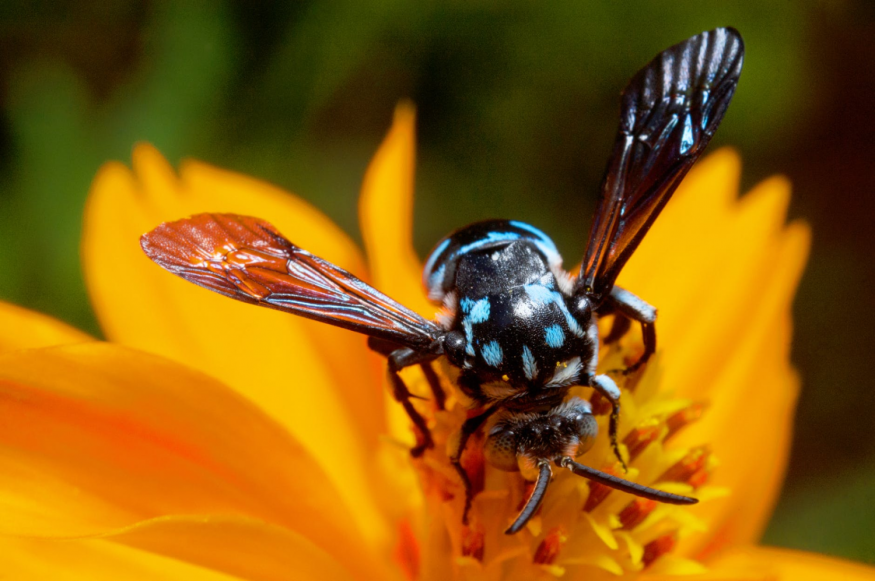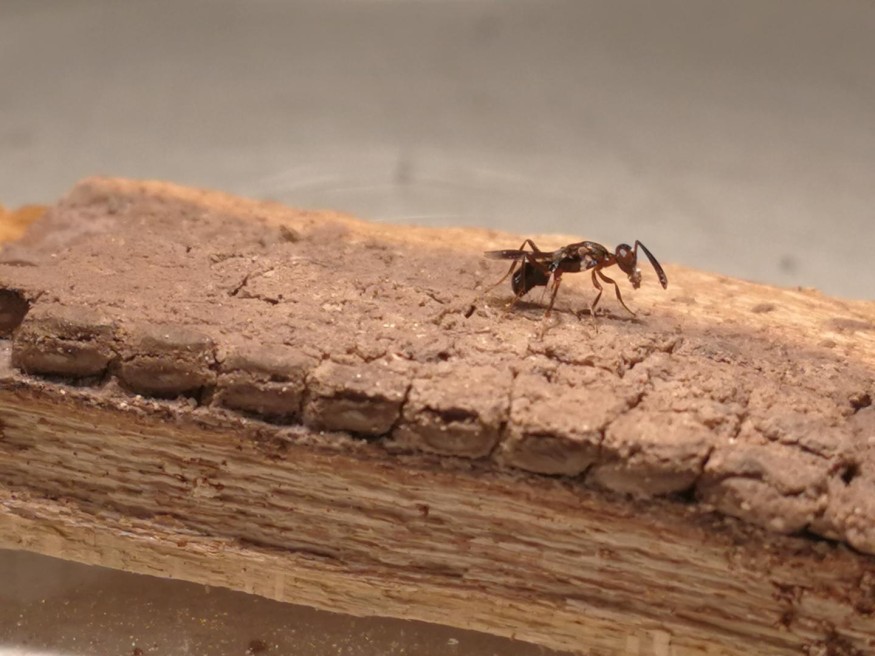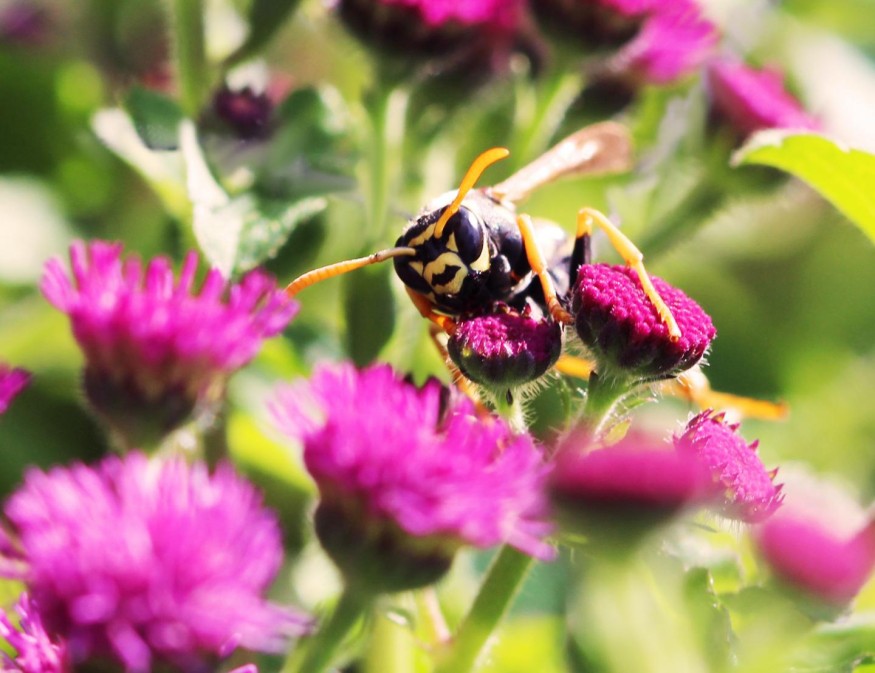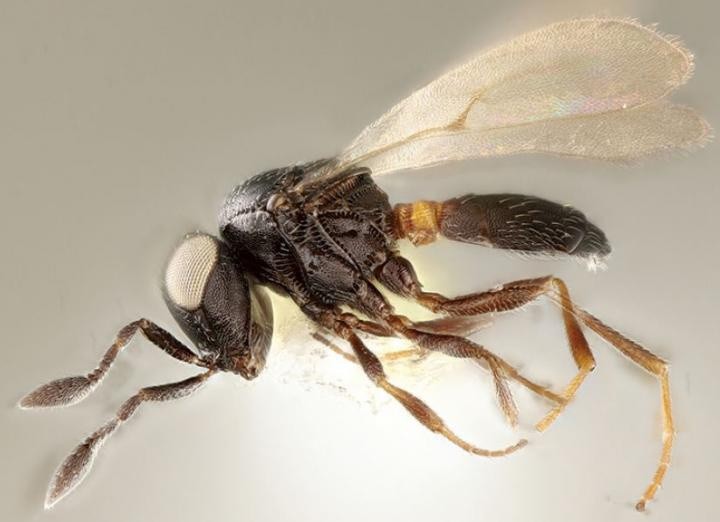There is now a concise sanswer olution for those who have wondered what the point of wasps is. They eat pest insects voraciously, contain potent antibiotics in their venom, pollinate seeds, and even make a tasty snack.
In the first major research study of the ecological services provided by the much-hated insects, the benefits to humans are exposed. It is based on the 33,000 recognized species of hunting wasps that bear stings and can be found in any part of the globe.
Bad Rep

Yellowjackets and hornets, the picnic predators that have earned wasps a poor reputation, account for just a limited percentage of all wasp populations. However, they also offer unnoticed assistance, such as sweeping up caterpillars from vegetable gardens. The venom of yellowjackets is also being studied as a possible cancer cure.
Many insect species are declining, posing a threat to human health, but wasp populations seem to be more robust. However, even among entomologists, many continue to fear them, and scientists say further study is required to fully comprehend them.
Giving Them a Chance

Prof Seirian Sumner of University College London said, "When I tell strangers I research wasps, they say, 'Oh, what's the point of wasps?'" "How about studying bees instead?" They're a lot more practical." People dislike wasps because they don't understand what they do, according to her previous study.
"We like the fact that bees sting because we know how beneficial they are to the world," she said. "As a result, we've gathered all of the data we need to bring wasps on the map in terms of ecosystem resources. If we just give wasps a chance, they might be just as useful as other favorite insects like bees."
The thesis looked at 500 scientific papers on stinging wasps and was published in the journal Biological Reviews. There are 100,000 species of wasps known, but only 70,000 are parasitic wasps that are stingless and well studied. They're also being used in cultivation to keep bugs at bay without the application of insecticides. There are about 22,000 different species of bees. According to Sumner, wasps are bees' ancestors, but bees are wasps that forget how to hunt.
Apex Insect

Wasps are the world's most powerful insect pests. According to a new study, common hunting wasps will regulate the fall army worm, which targets maize crops in Brazil and a sugarcane borer moth. The use of other predatory insects to defend crops is expected to be worth more than $400 billion a year, but the scientists discovered that killing wasps has received little attention.
Since they are social insects that live in large colonies, yellowjackets and hornets are most likely effective. "So you've got a lot of hunters out there removing mosquitoes and arthropods," Sumner said. Approximately 1,000 species of hunting wasps are social. The majority are lone wolves.
Different species, Different Capabilities

"Solitary wasps are fantastic. "Their venom contains an extraordinary mixture that paralyzes the prey while still containing a lot of antibiotics," Sumner said. To provide food for their young, many solitary wasps bury their eggs with paralyzed prey. "As a result, they want to make sure the food is stored properly." Orthodox medicine has long recognized the antimicrobial effects of wasp venom, saliva, and larval secretions.
Sumner discovered that wasps visited at least 960 plant species, with 164 of them entirely reliant on them for pollination. Orchids with flowers that resemble the back end of a female wasp attract male wasps.
Hunting wasps frequent flowers to feed on nectar and the insects they eat are only feeding to the nest's larvae. Scientists are also unsure whether this behavior pollinates plants.
"We look forward to a world where the essential positions of wasps in various aspects of human health and welfare are recognized," the researchers said.
For the most recent updates from the animal kingdom, don't forget to follow Nature World News!
© 2025 NatureWorldNews.com All rights reserved. Do not reproduce without permission.





